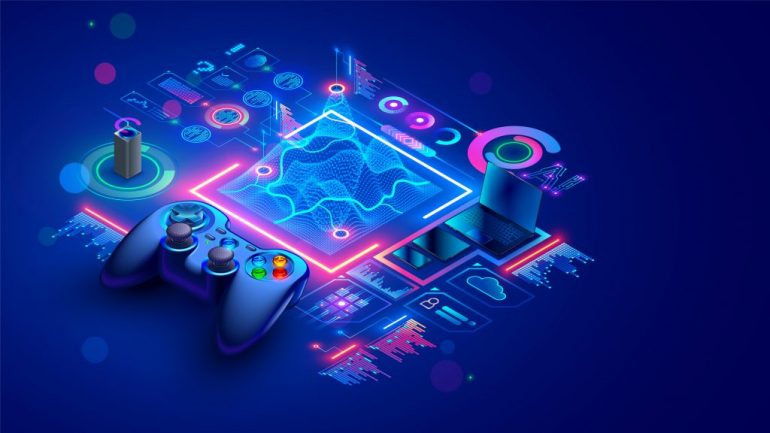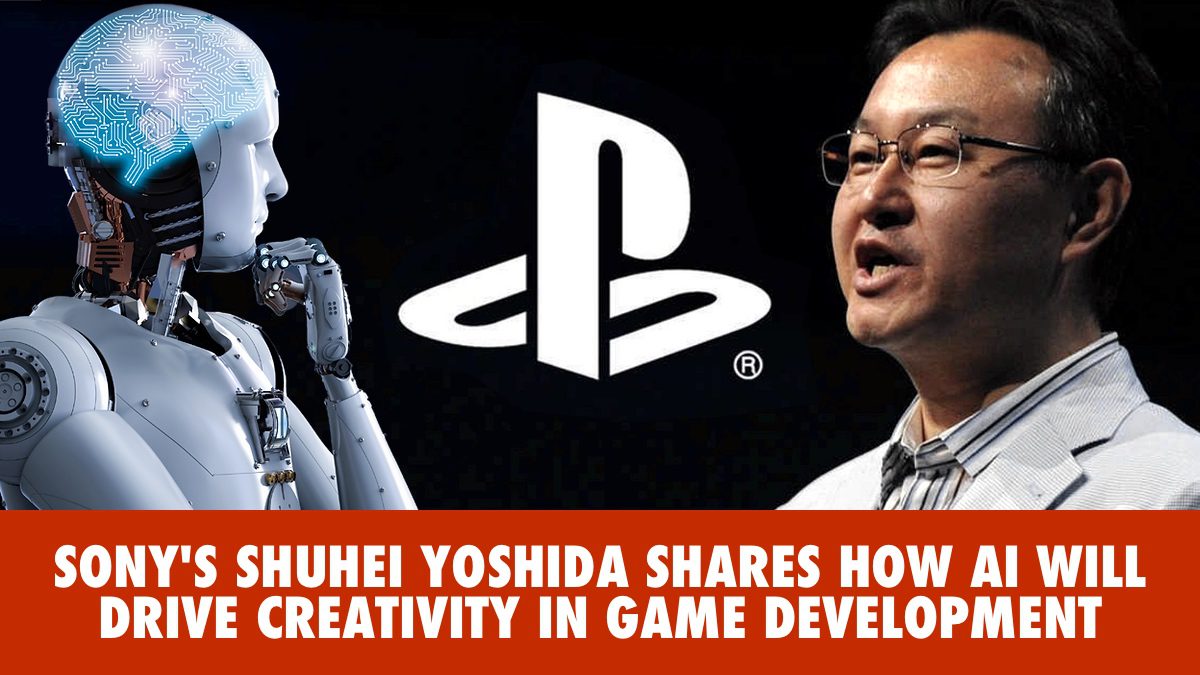The Future of Gaming: Is AI Suppressing Human Creativity? (A Double-Edged Sword?)

The Impact of Artificial Intelligence on Video Game Development: Balancing Automation and Creativity
As the world of gaming rapidly evolves, Artificial Intelligence (AI) technologies are emerging as a game changer for the industry. With AI-driven game development tools now available, developers can create more complex and engaging games than ever before. However, the use of these tools also raises concerns about the potential risk for the industry. This blog post will explore the impact of AI technology on game development and how it can affect the delicate balance between automation and creativity.
The Impact of AI on Game Development
One of the key ways in which AI is impacting game development is by allowing developers to generate content quickly and easily based on existing data sets or algorithms. This approach is a departure from traditional methods of game development, which rely heavily on human creativity and imagination. While AI-powered tools can save time and resources, they can also limit creative freedom and quality control, potentially sacrificing the unique experiences that gamers crave.
Another area where AI technology may impact game development is in the feedback loop between developers and gamers. Many modern video games feature online multiplayer components that allow gamers to interact within virtual environments. This provides valuable feedback about gameplay mechanics, helping inform future updates or expansions upon existing titles. However, if too much reliance were placed upon automated systems such as machine learning algorithms instead of organic human reactions during playtesting sessions, changes made may not reflect what players truly want out of their gaming experience.

Balancing Automation and Creativity
While AI technology has its place within today’s fast-paced digital age and offers exciting opportunities never seen before in the video game production circle, the importance of using actual humans throughout each step cannot be understated enough. Storyboarding, concept art design, and character modeling are all essential elements necessary for producing quality work. Without genuine human input and emotion behind every aspect involved in making a great piece of interactive media, the chances of producing anything above mediocrity are slim.
So, the impact of AI on game development is both positive and negative. The use of AI-driven game development tools can make the process more efficient and cost-effective, but they can also limit creative freedom and quality control. Balancing automation and creativity is key to ensuring that video games continue to evolve and provide unique experiences for gamers. By using AI technology alongside traditional methods, developers can create the best of both worlds and continue to push the boundaries of what is possible in video game development.
Well, this article is a true surprise box, with some contradictions even with a “romantic” aspect of the human and organic side. The content is real, along with the opinions above (VERY REAL), but… Only a truly curious reader can create a conclusive angle on this contradiction. Let’s see how far your “organic” side goes. Maybe your first action will be to open a new tab and load a search engine, in which case, have you already “failed?” Who knows….






